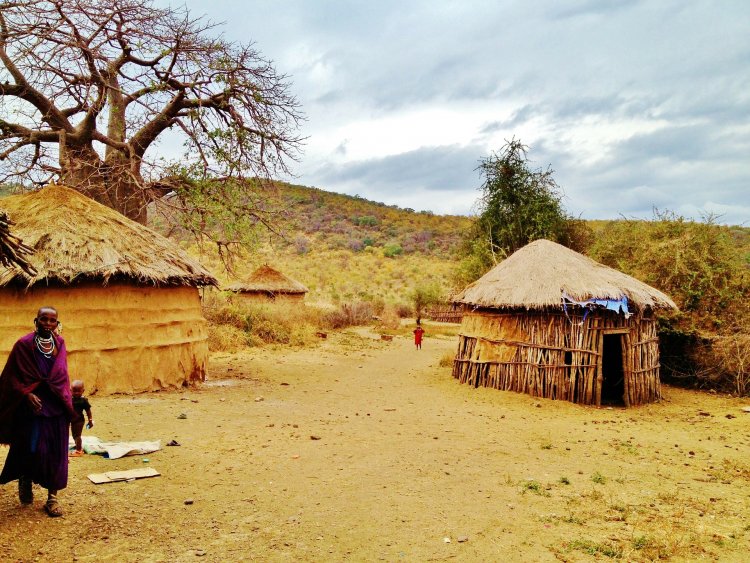Land Injustices In The Colonial Era
Land injustices existed before the colonial era, in the colonial era and even now, it's still a problem in our society. Major conflicts in Kenya nowadays revolve around land and this shows us that many communities and people have sentimental value attached to land.

Land Injustices mainly revolve around accusations, ownerships and uses of land. The British colonialists in Kenya made up laws to separate the coast and mainland from their land. These laws included The Land Acquisition Act (1894), Crown Lands Ordinance (1902), Crown Lands Ordinance (1915) and the Kenya Native Areas Ordinance (1926). These laws made communities be removed from their areas because of the construction of the Kenya-Uganda railway.
They also leased 20% of the land to European settlers and multinational corporations for 99 years. The Kenyan Land became "crown" land which meant the queen of England owned it.
The communities that resisted were conquered by the British while others were deceived to sign agreements and their lands taken. These included the Talai and Maasai communities. The Maasai were evicted through the signing of the Anglo-Maasai agreement of 1904 and their Suswa, Olkalou lands were taken and thus they stayed in Laikipia.7 years later, they were evicted out of Laikipia by being forced to sign the Second Anglo-Maasai agreement of 1911. They never got their land back. This is one of the many examples of the Injustices brought by British land policies.
In 1913, the Maasai went to court for their land and also to be compensated for the loss of their livestock but again they lost the case and got nothing. The court claimed the Maasai ethnic community was living within the limits of the East Africa Protectorate and was not subject of the crown, nor was Easy Africa British territory.
Land alienation and Injustices by colonialists
African land was alienated and this forced them to move into reserves which became overcrowded and unfit for human settlement. Africans were forced to work on the farm through forced taxation, forced labour and forced military levy.
There were some communities like Taita who refused to work in their area since they felt it was slavery and this provided a niche for new labour from other communities who came and occupied their lands making the original communities lose it.
Impact of colonial land policies and practices.
It led to the permanent displacement of communities and disruption of their socio-cultural and economic life. It promoted inequality in land rights. It caused poverty, mistrust, conflicts and discrimination in accessing lands, infrastructure and social commodities. This, in turn, led to occupation of forest lands by Africans thus reducing its capacity.


































